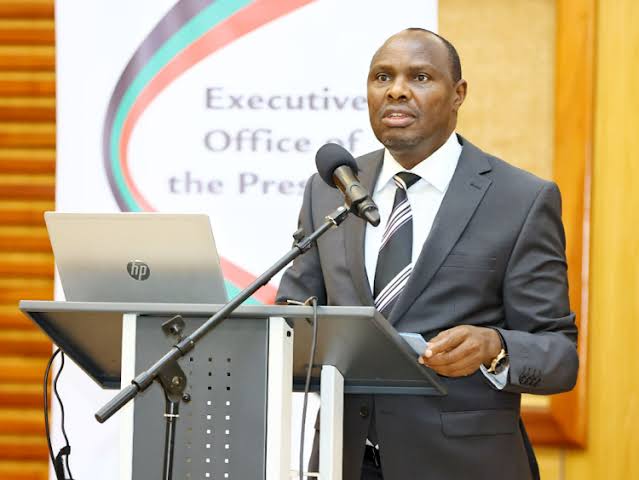A new survey has revealed a worrying situation in Kenya’s supply chain sector. Almost half of the professionals working in this field are either incompetent, unqualified, or operating illegally.
The Kenya Institute of Supplies Management (KISM) found that about 40% of supply chain practitioners, especially those working in county governments, do not have the right skills.
These findings raise serious concerns about how procurement, logistics, and inventory systems are being managed across the country.Supply chain practitioners are responsible for handling the movement and storage of goods, ordering supplies, managing warehouses, and making sure procurement processes are done correctly.
They include professionals like freight forwarders, warehouse supervisors, logistics managers, supply chain analysts, procurement officers, and inventory controllers. Their role is very important in both public and private sectors. If they are not qualified, this can lead to loss of public money, corruption, and poor service delivery.
According to the data from KISM, many staff members working in county procurement departments are simply not fit for the jobs they hold. The institute says that they are not pointing fingers at counties for not following the rules, but rather seeing it as a chance to help counties improve by training their staff.
KISM CEO Kenneth Matiba told the press that they are ready to work with counties to strengthen their skills and make sure the laws are followed.The same investigation also found that 15% of supply chain professionals in 109 different institutions are working illegally.
The law is clear on this matter. The Supplies Practitioners Management Act of 2007 says that no one should work in this field unless they are registered with KISM.
To practice legally, one must be certified and have a valid practicing license from the institute. The law also requires all registered members to follow a professional code of conduct.
Professional qualifications such as the Certified Procurement and Supply Professional of Kenya (CPSP-K) or the Chartered Institute of Procurement and Supply (CIPS) are widely accepted.
But KISM says that 116 practitioners were found working without a license, and 93 of them had also committed professional misconduct. The chairman of the KISM Council, John Karani, said that even schools across the country are doing procurement in the wrong way, and many young people are not even registered or licensed to do the work they are doing.
This new report comes at a time when the government is also dealing with fake academic papers in the public sector. A recent report by the Public Service Commission (PSC) found that more than 2,000 government employees were hired, promoted, or transferred using fake certificates.
The audit covered 331 institutions, including government ministries and public colleges, and showed that 1,280 out of 53,599 submitted documents were fake.
Because of this, the government has now started a review of all public worker certifications to try and clean up the mess and bring integrity back into the system.This situation shows how deep the problem goes in both county and national levels of service delivery.

